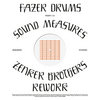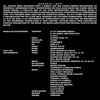Words With: Simon Popp & Polygonia
Collaboration, musical backgrounds, Ableton vs. hardware, alternative percussion instruments, spontaneity, techno-jazz intersections, Munich and the midsize-city advantage.
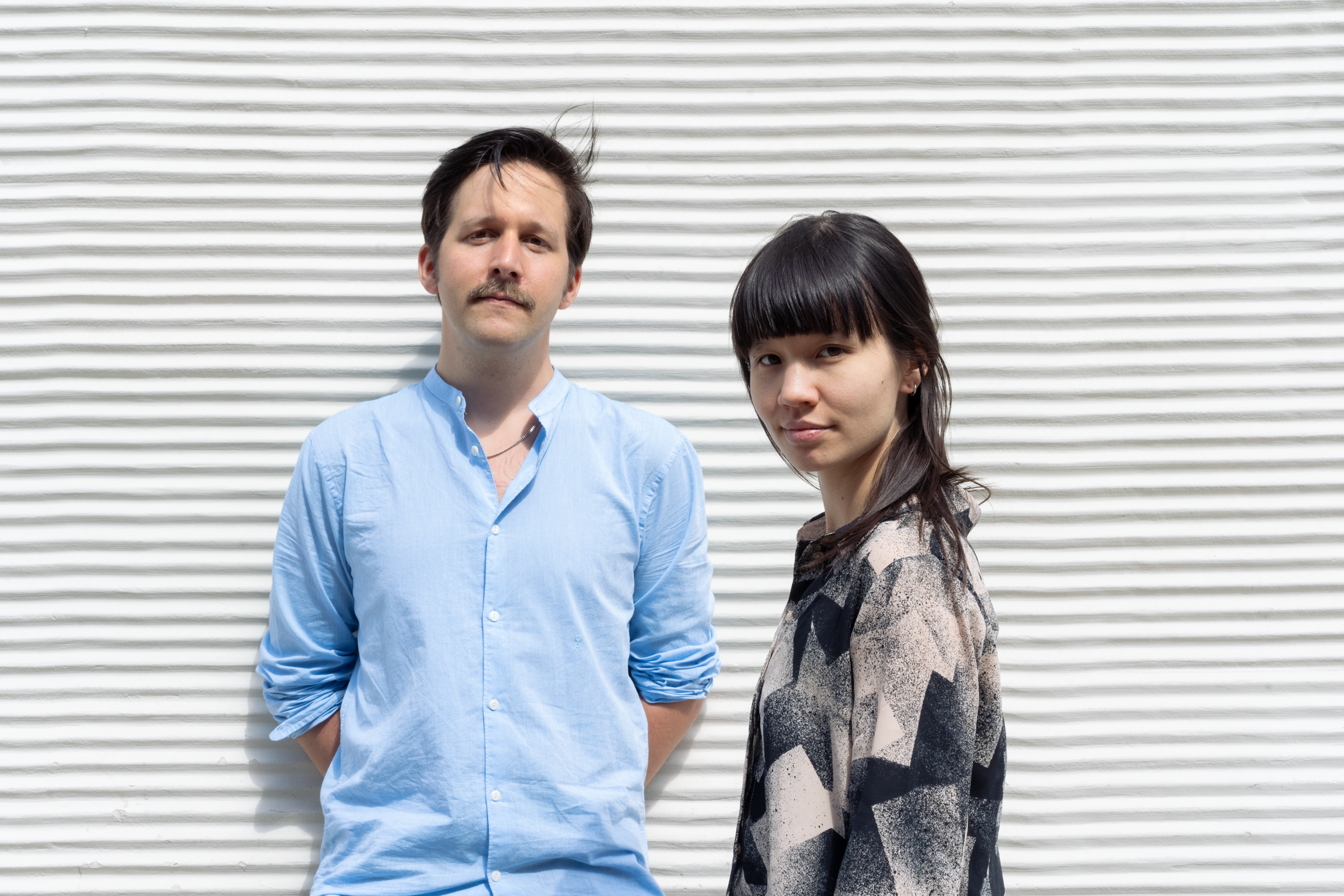
Years ago, during the height of lockdown, I stumbled upon an EP by an artist I had never heard of, Fazer Drums, featuring a remix by breakbeat wizards Zenker Brothers. I bought it immediately—a Zenker Brothers remix of an unfamiliar artist would be an interesting listen, I thought.

The remix was excellent, but the original, a jazzy percussion opus unfolding and transforming over 17 minutes, was even better. And so I discovered Squama, a Munich-based record label dedicated to what they simply call "quasi-jazz."
Fazer Drums were Simon Popp and Sebastian Wolfgruber, drummers in the band Fazer, a Squama mainstay; I quickly collected albums by Fazer and Simon Popp solo, released under his surname.
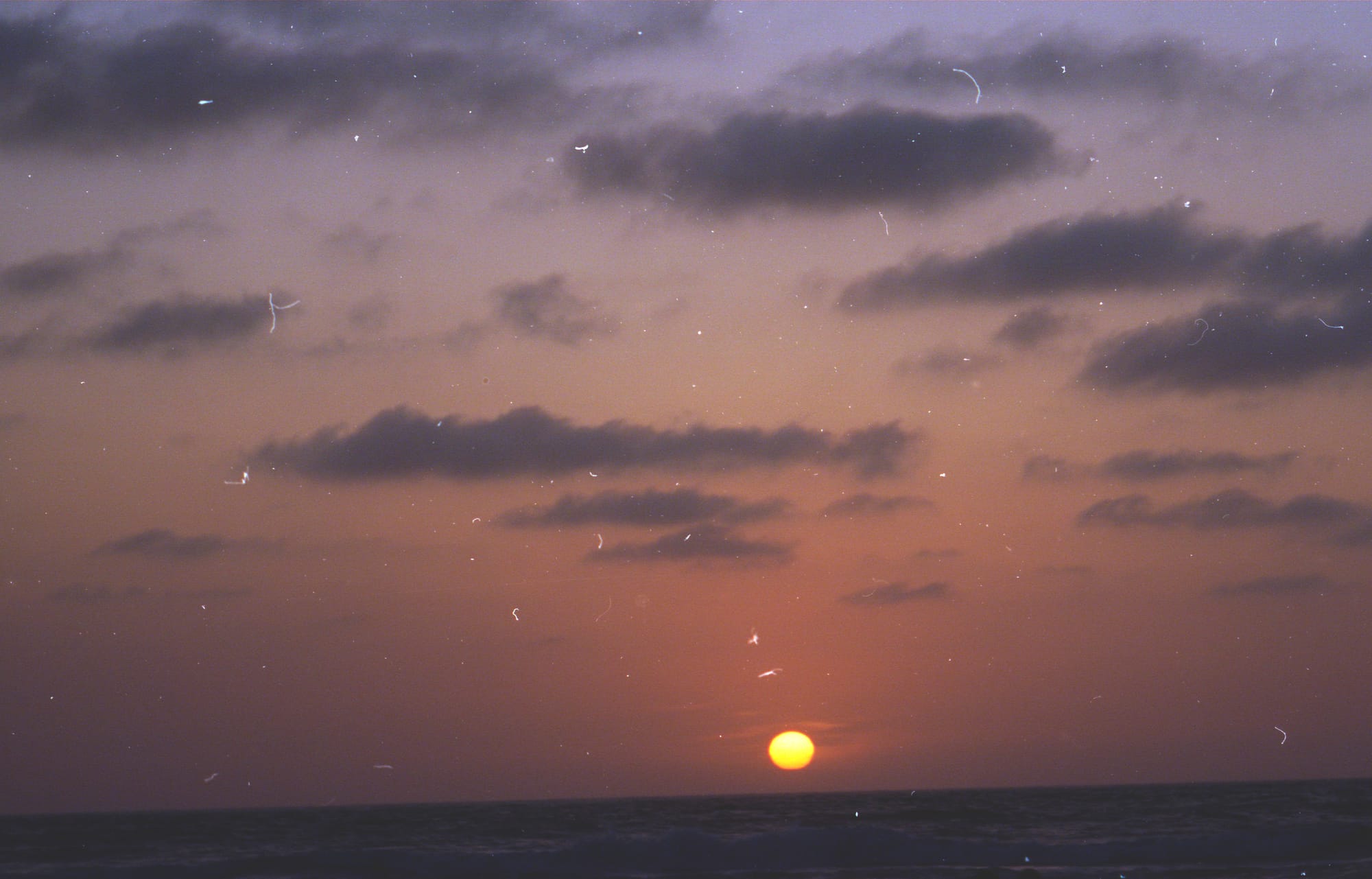
Later, I would discover Polygonia, aka Lindsey Wang, whose EP Bloom, on Sure Thing, was a mesmerizing work of deep, organic techno with lush vocal flourishes. I was hooked from the go.
As 2023 came to a close, Squama released one last record for the year: Candid, a collaborative album from Simon Popp and Polygonia together. It's a beautiful, evocative record that sounds genuinely fresh and new, dancing amongst jazz and techno stylistically but never settling between either.

It's not every day that two of my recent favorite artists work together—so I reached out to the pair to learn more about how their collaboration came together, what it's like working together, and what makes the scene in Munich so fertile.
How the collaboration came together
Simon Popp
From the beginning, this has been a very interesting collaboration for both of us. I've known Lindsey's music for quite a while. Actually, Martin Brugger, who co-founded Squama, showed her music to me first, and he also said, "Maybe you could do something together."
That was years ago, and I really liked the idea. The first time Lindsey and I met, we just talked a little bit. Then we had a couple studio sessions, and it worked out really well, right from the beginning.
For me, a big difference playing with Lindsey is that normally when I play with electronic musicians, I'm so often playing "on top" of their electronics. But playing with Lindsey is so intuitive, and we both can improvise, and that was really new for me—that we can really interact so much.
I run an improvisation series here in Munich, a concert series where I invite different guests. One night, I invited Lindsey, and it turned out really well. That concert, at a place called ZIRKA in Munich—we recorded it, and it's a big part of the record.
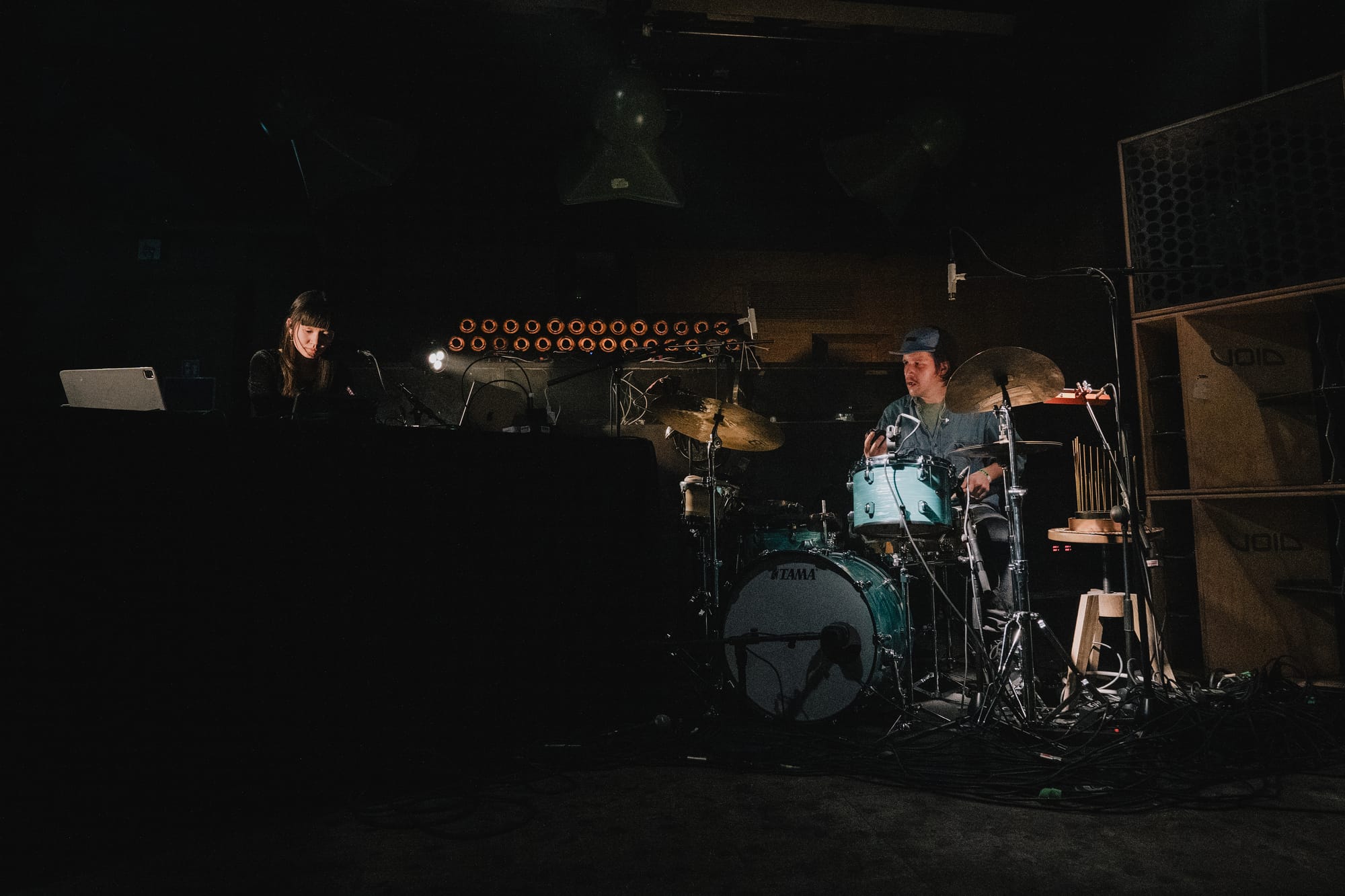
Lindsey Wang
Maybe the main part, I would say. [laughs]
We had met about three times, as Simon mentioned. We just talked the first time, and afterward, we jammed a little bit and checked our vibe, basically. Just a few weeks later, one year before the record was released, we held this concert, and because we decided to record all the stems, we listened to it afterwards and we were like, "Whoa. Okay, this is actually pretty nice."
We were lucky, actually, because the room at ZIRKA where we played is pretty big and it's also quite reverb-y. So it's impressive that the stems turned out so well.
I think our sounds fit together so well because Simon is very much a trained jazz musician, and myself, I have a classical music background, so even though I started off playing "by the page," let's say, I never really liked it.
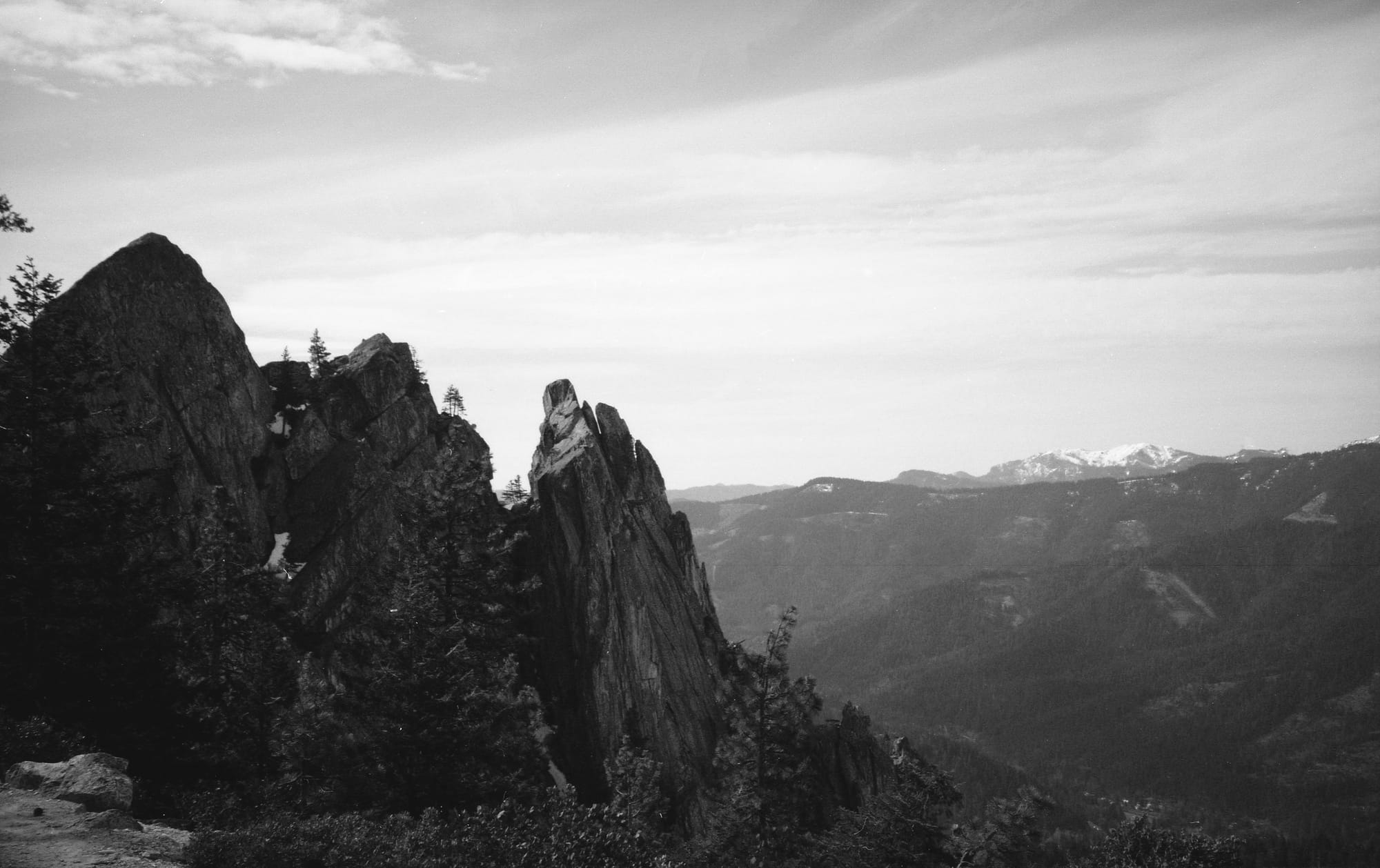
Lindsey Wang
Instead I was writing my own little melodies even when I was a kid, because I always wanted to compose something—I just didn't want to stick to notes and sheet music. After I finished school, I was like, "Okay, I'm gonna drop this classical music stuff completely, and I'm never gonna come back." I still love classical music, but it's just for listening. I don't feel enough freedom playing classical music because I'm very spontaneous.
I don't like to plan my DJ sets or my live sets. So it's perfect if my partner thinks the same way, or is open to that, because so many interesting experiments happen just by accident.
Musical backgrounds and approaches
Simon Popp
My musical background is very broad—I was playing in pop bands from the beginning but also orchestra, where I played percussion. Early on, in punk bands, I played percussion, but also like hundreds of other things, all at the same time. [laughs]
For years now I've mostly been playing lots of jazz, improvised music, and in pop bands.
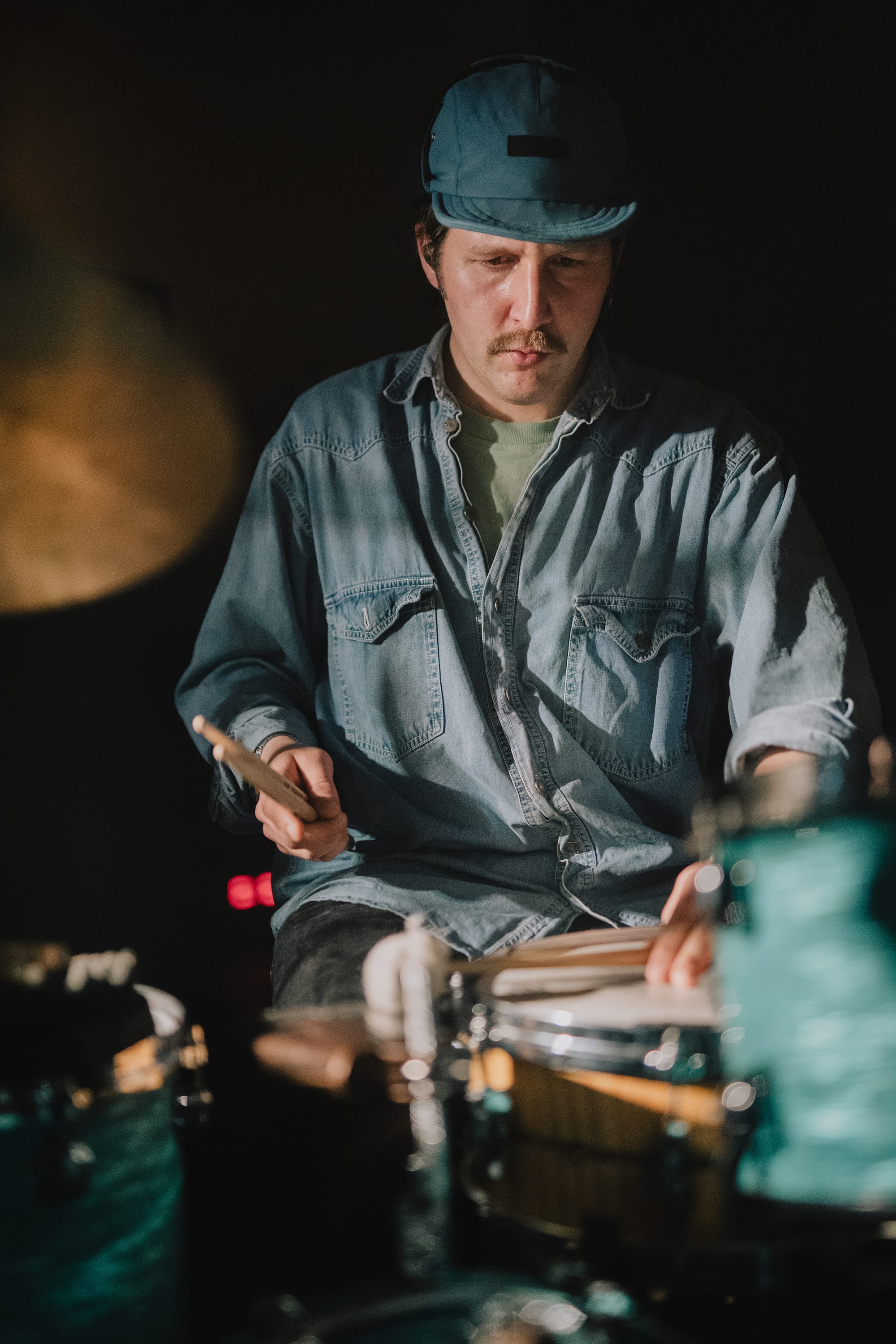
I've also played electronic music solo and with other musicians, but in a different way, more like treating acoustic instruments with electronics themselves. Another project I have, called 9MS, also a duo, involves playing with sensors and modular synthesizers that react to what we are doing acoustically. It's less playing synthesizers and samplers themselves, and more working with space, with delay, modulations and so on.

In that sense, working with Lindsey was totally new for me.
But my own music is very rhythm-based, and I love to work with repetition, creating a hypnotic effect—not so much like a traditional jazz context where, maybe, every bar something new happens. And sound-design wise, even though I'm playing acoustic percussion, it often sounds like it has an electronic touch. It's probably because I love building sound libraries out of real instruments in my studio—not so different from putting some samples on a keyboard, right?
I think that's why Lindsey and I work so well—I love when you really can't say, "That's an electronic source," or "That must have been a percussion instrument." We meld it all together.
Lindsey Wang
In my own sound design, I always aim for sounds which sound kind of organic, or natural in some way. Simon, then, is approaching that same place from one angle, or one approach—and I'm coming from the opposite angle, and we're meeting in the middle.
Tools and instruments used on the record
Lindsey Wang
For this record, I only used Ableton. I really love working with Ableton. I'm not really into hardware that much—I'm full-blown digital, actually, and do most of the things I do with FM synthesis. Using the Ableton operator, I design many, many drums but also synthesizers, atmospheres, everything.
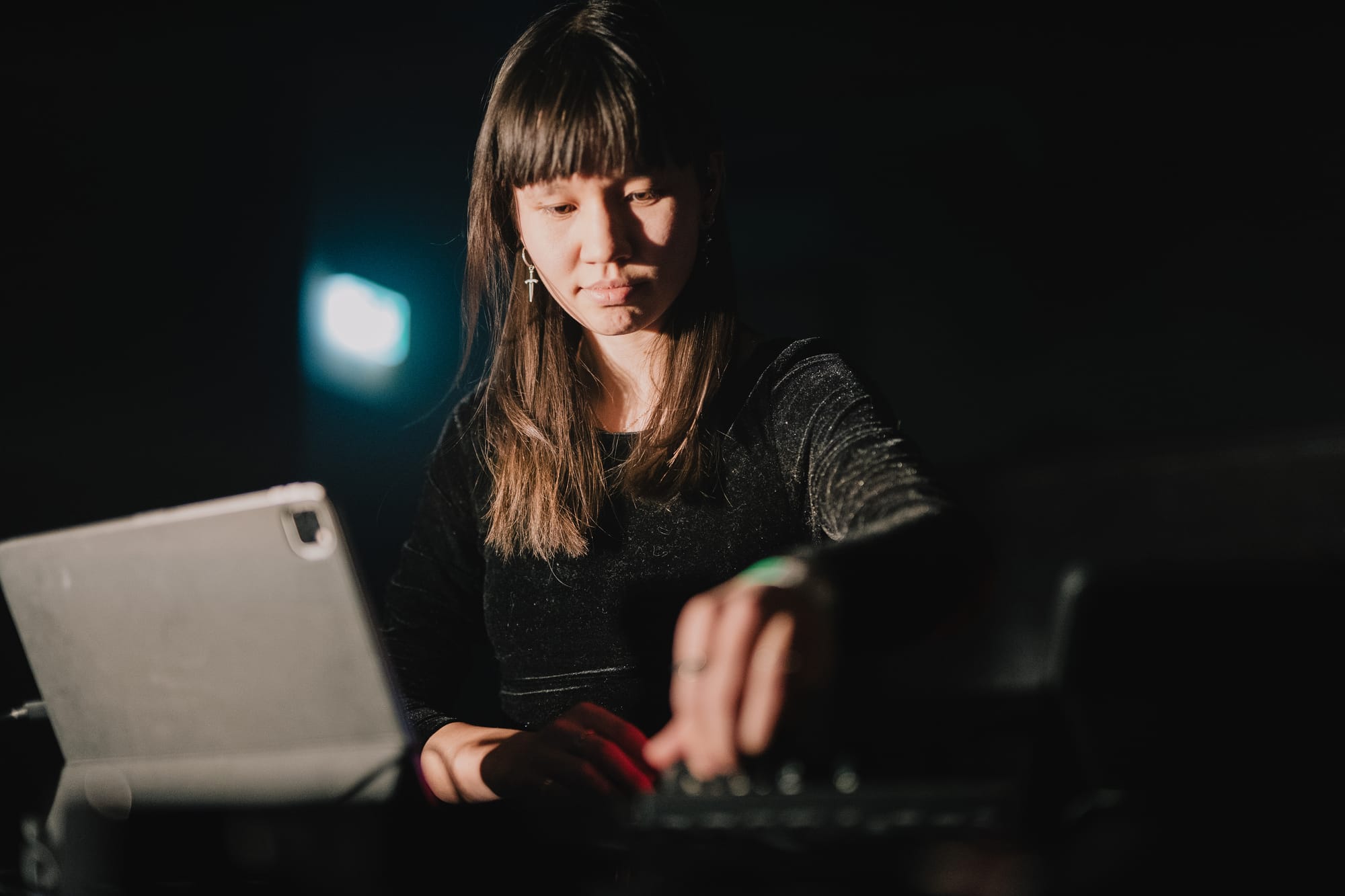
Lindsey Wang
I also have an iPad with a drum machine on it—kind of like the Octatrack, but it's a bit more modular, and also faster to access in terms of menus. What I don't like about hardware is that everything is so slow in the workflow, and I would really much rather have everything laid out right in front of me, to be super fast with every step I take. That's why I really like working with Ableton, because I don't have to click through any menu to access one certain thing I want to reach.
On this record, I'm doing a lot of live synthesis. I write MIDI patterns live, especially during performances with Simon, but also with Lyder, an electronic jazz trio I founded. This works because, in this kind of arrangement, I have time to play a bit myself and then search for something new while Simon's playing some drums, and then I can come back in—it's no pressure. You know, when you're playing solo, you have to plan ahead a bit more.
Simon Popp
Setup-wise, I use a classical drum set, but with many additions, especially small percussion instruments, which I've placed pretty much everywhere around the kit. I have two percussion instruments with water in them, which I really like because it changes the pitch, which you can hear a lot on our collaborative record. I source instruments like these all over, especially when I'm traveling.
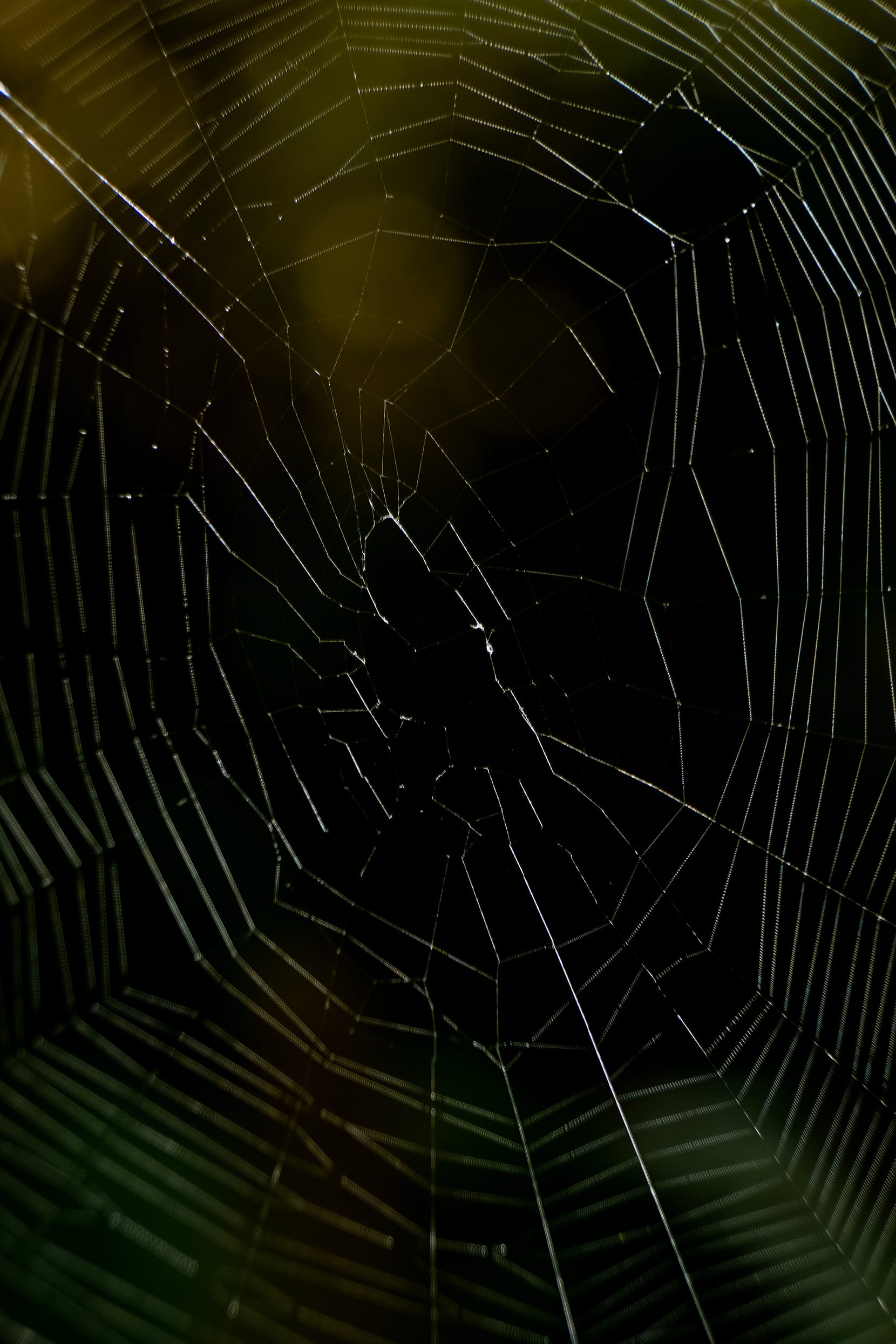
Simon Popp
I don't make much of a difference between the "drum set" itself and percussion instruments, because a drum set is also like an arrangement of different instruments, right? So I change it a bit from project to project.
And then on my left, I've placed some electronic tools. I usually have a small mixer where all the sources go in, and then I can add reverb, or send something into a delay or change pitch, that kind of thing.
Lindsey Wang
I sang the vocals on the record, but that all happened afterwards, in the studio. Since I love to improvise, I didn't plan out any harmonics or anything like that. I just sang into the mic, and then it sounded good, and I saved it, so it's really basic. [laughs]
I'm not that theoretically invested. I just really love understanding harmonics in a different way. I know harmonic theory, but I don't like to get too caught up thinking too much about what I'm going to do—because then it's basically not going to work. So I really need this spontaneous twist to just make it happen.
The basis of every track on the album was our live performance—there's no track which was recorded only in the studio. Studio-wise, mostly what we did was fill out the background, or hid the background noise of the crowd. We also added my vocals, of course, and Simon played some percussion, but only very minimally, not on every track.
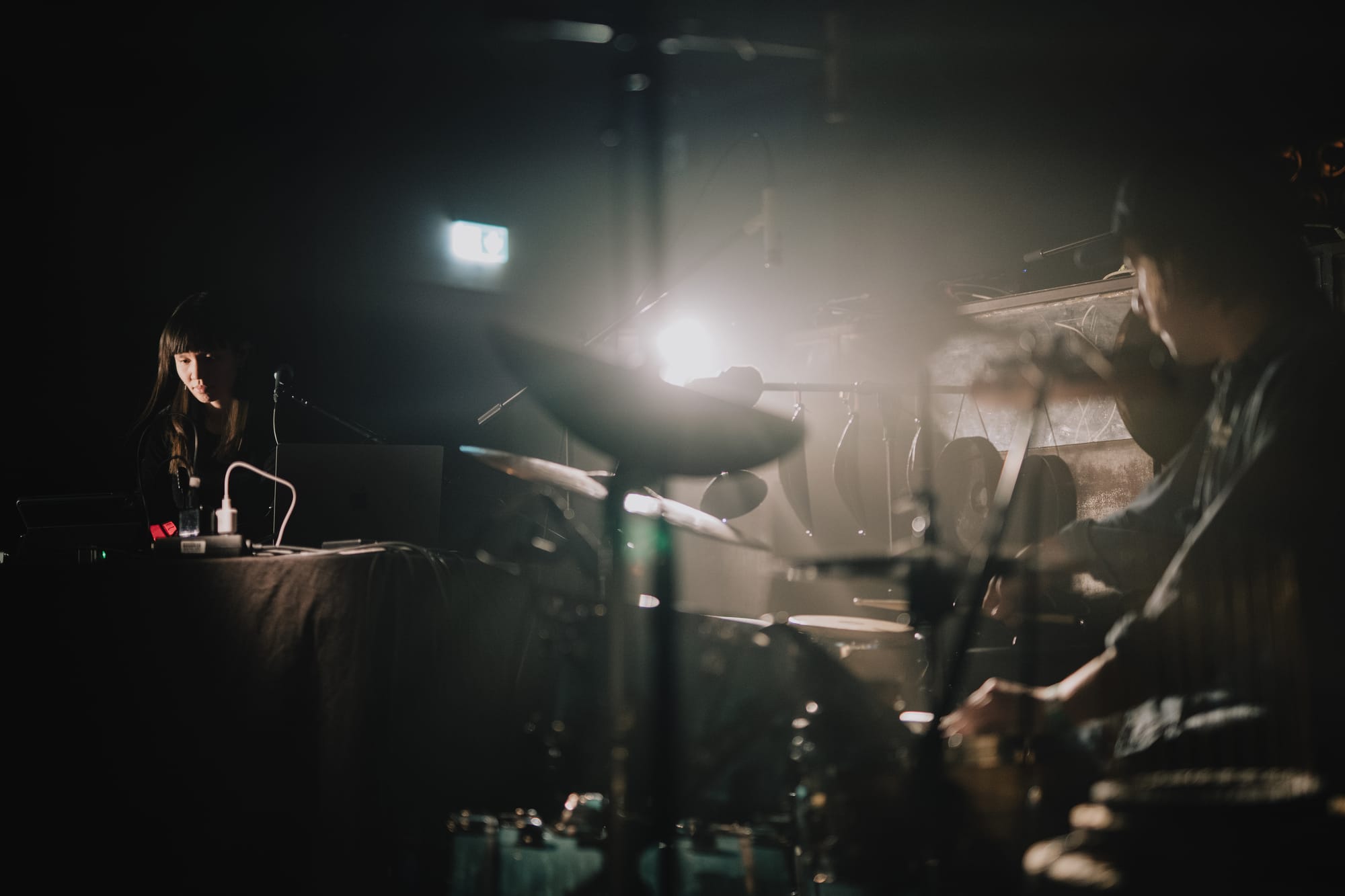
On style, genre, and musical exploration
Lindsey Wang
When I talk to people who are outside of my bubble—I mean, Simon is in one bubble, but I'm from the club bubble—many people have this stigma of club music as something "dirty," "trashy," something that's not intellectual, and not worthy of a second thought. Not always, but that's often the case.
That's why it's amazing for me to combine electronic or club music with other influences, like acoustic music or jazz, because sometimes it's easier to reach other people with these in-between genre fusions, and to encourage them to think and reflect about their perspective on electronic music, because it's actually not so bad. [laughs]
Sometimes they just imagine the wrong thing. And a project like this, Simon and I, lets us reach new people, other kinds of crowds. So beyond just the music, it's also a nice social experiment.
I've also realized more and more people are really searching actively for these kinds of cross-genre fusions, and it's bringing different kinds of audiences together, like crowds who go to the club and those who don't. It's like different scenes all coming together, in a way.
Simon Popp
I often get categorized only as "jazz," but I don't always feel that way. [laughs]
Of course, as a musician, it's hard to commit to any single genre.
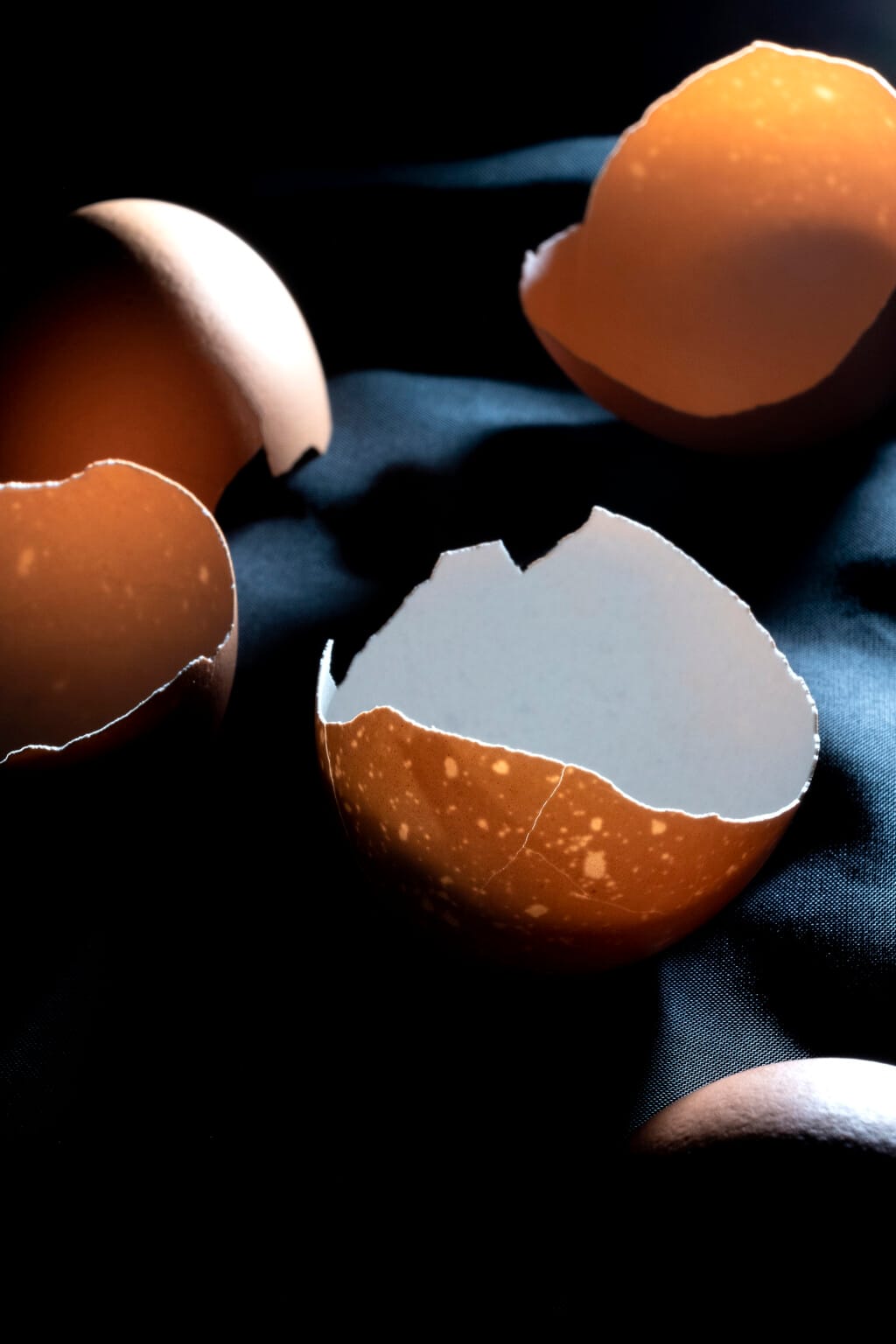
The Munich scene
Simon Popp
I'm always surprised to find new scenes here in Munich that I don't know yet, and I've been living here for about 12 years, so I think it's a very active musical scene. It's not as big as Berlin, of course, but there's still so much going on. People start small labels and new concert series. There's a lot of people doing creative work here.
Lindsey Wang
The older I get, the more I realize I'm really in love with the Munich scene. It's not as big as Berlin, as Simon said, but let's be honest—Berlin is top notch, and the scene is huge, so comparing Berlin with Munich doesn't make a lot of sense. But also, we're a bigger city than people think. The population of Munich is around 1.5 million people, which is actually quite a lot of people, you know? And it feels like living in a big village, in a way, because I can do everything I need to do by bike.
We have one particular neighborhood here called Candid—Simon and I live next to Candidplatz, which is like Candid Square. That's where the name of the record came from, because we really love this area here, right next to the river.
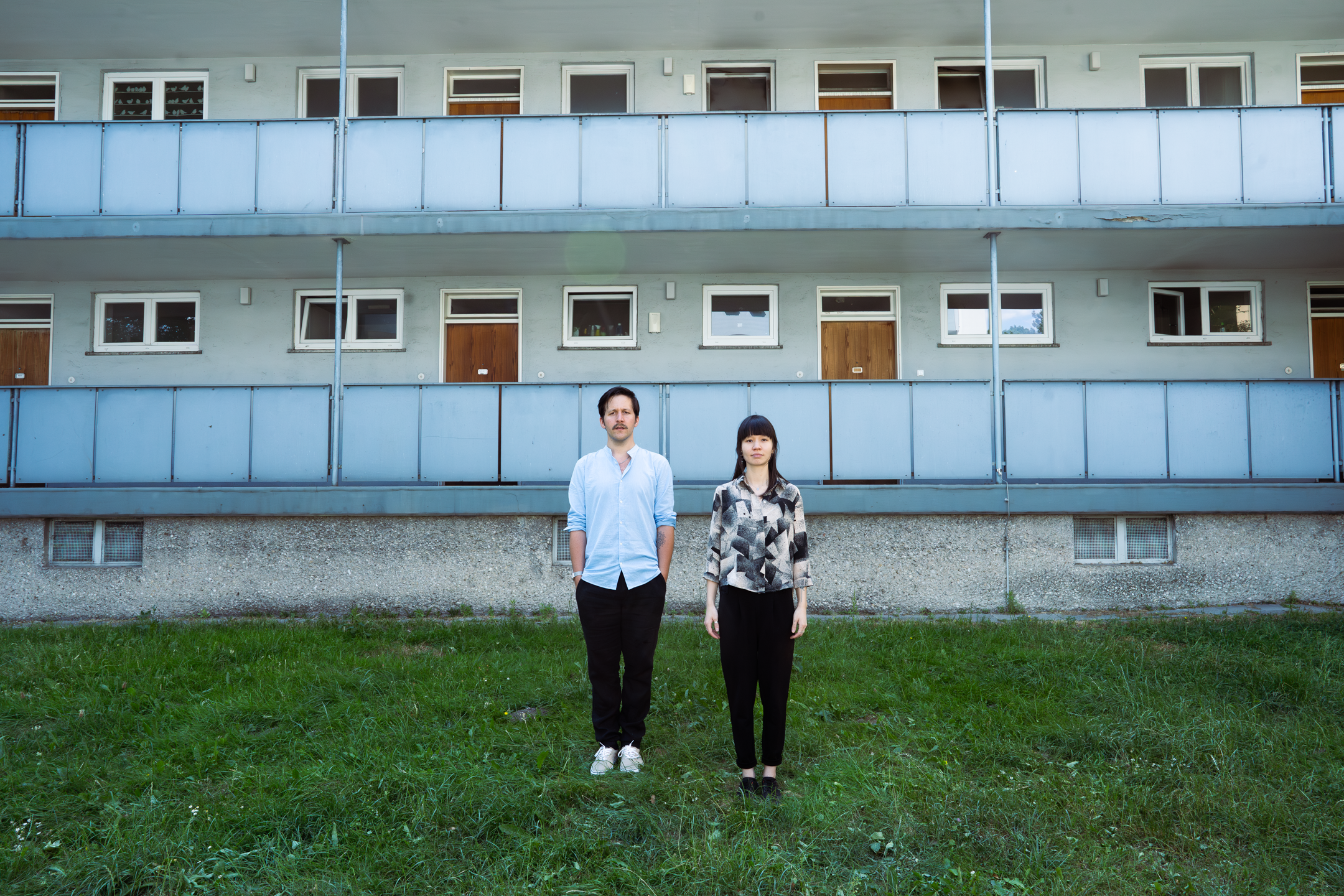
Lindsey Wang
Then there's Blitz Club—I'm just a 15 minute bike ride away. Blitz Club is a very important part of the scene here, because that's kind of the home base for Ilian Tape. Ilian Tape is just—I'm so proud. I feel the same about Squama as well. Squama is younger than Ilian Tape is, but look at the catalog. It's just amazing.
Martin, who co-founded Squama, brings people together. I see him hanging out in Blitz Club sometimes, and I think you could say Squama is putting out music that sounds like people who love jazz, and make jazz, who also grew up with techno.
People here are very open-minded for new collaborations to dig into. There's another band who I've worked with a lot, doing remixes and visuals—their saxophonist, he plays in my trio Lyder, as well—they also know Ilian Tape. So the paths between scenes are very short and people are very willing to support each other and work together.
In Berlin, I feel way more competition. Each time you meet someone, you know that they're sizing you up: Does it make sense to hang out, or not? I don't feel that here in Munich—it's a very cute but intimate and warm scene.


